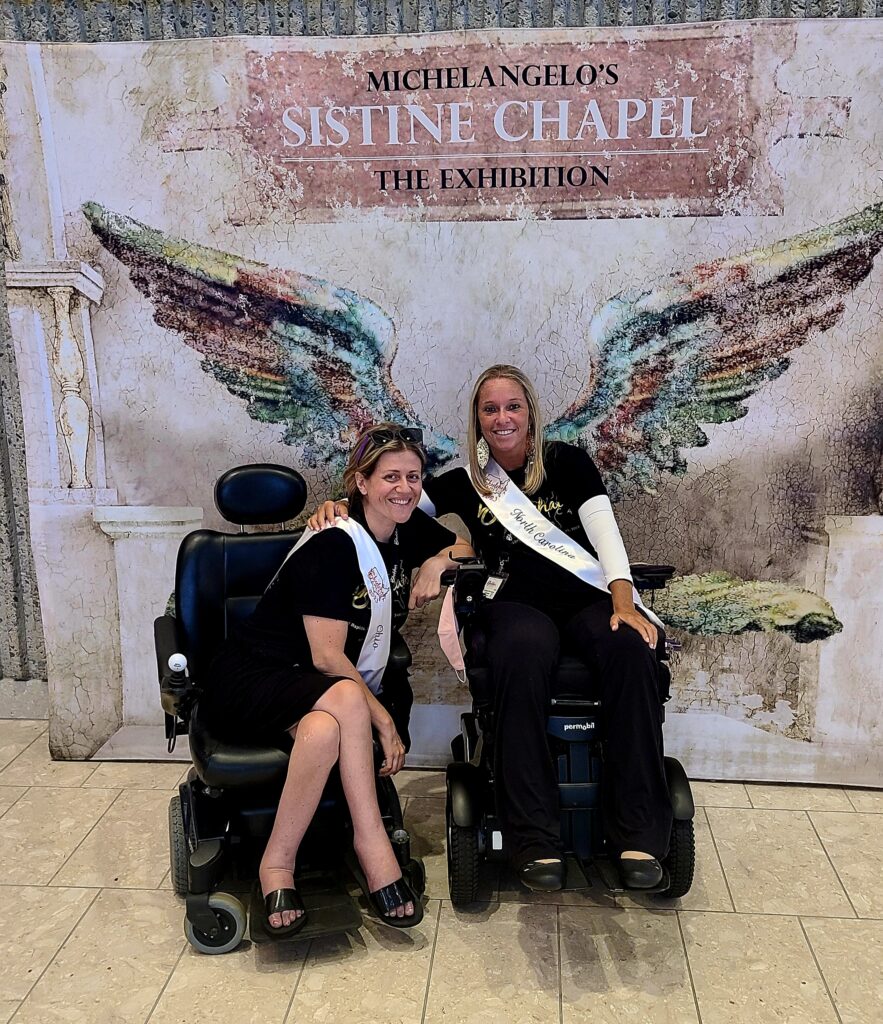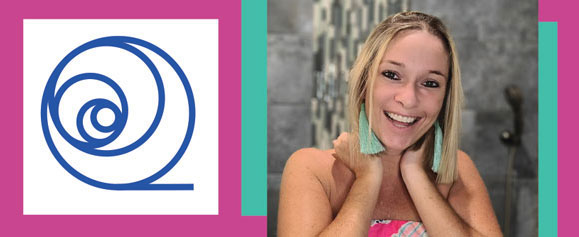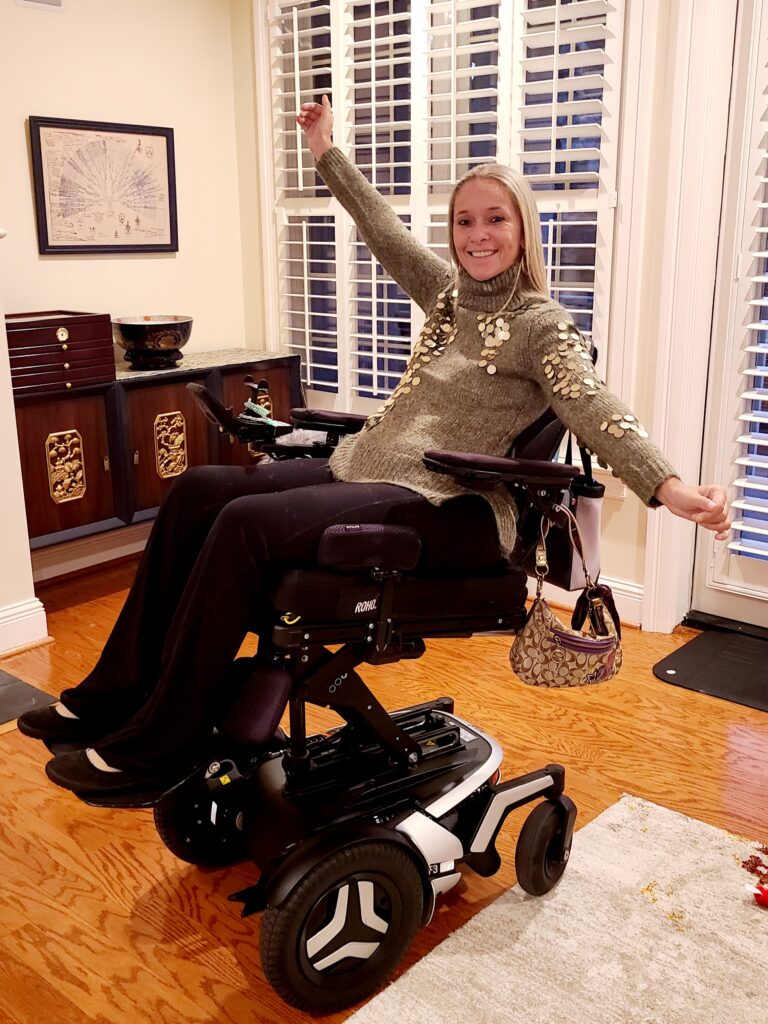
Let’s think about what health insurance means:
HEALTH = Body and mind
INSURANCE = Protection of body and mind
PROTECTION = Keeping you safe from dangers
There is a cost to everything in life. Health insurance is no different. Money talks.
As the Mafia says when you don’t pay them their protection money to save your corner shop before they make you “disappear:”
“IT’S NOT PERSONAL, IT’S BUSINESS”
Sadly, health insurance is no different. Think about it – when you’re denied a lifesaving cancer treatment because you don’t have the right health plan; money; or advocate behind you; you will get a denial letter stating something along the lines of:
“We regret to inform you, blah blah blah, your cancer treatment was denied due to our corporate medical policy and your health insurance plan not covering this specific treatment. You have the right to appeal, blah blah blah, we care about your patient rights …”
Translation:
“It’s not personal, it’s business. You did not have enough money to pay for a top tier medical plan, we have a cheaper alternative that will likely kill you (try that first, but if it doesn’t kill you we may consider your treatment request ), you are such a small percentage of the population that we really don’t care, but we pretend to care. We’ve got your back if you pay for it.”
Let me reiterate, insurance is NO different to the Mafia. It’s a sad truth. It may be a bitter pill to swallow, but that’s, more often than not, in the landscape of health insurance in 2023 in United States of America the reality.
It comes down to Health Insurance Inclusion. At present, health insurance companies are operating with policies and procedures that are far outdated from decades ago. Health insurance plans are not created with inclusive policies in mind for those of us with significant, costly, and complex medical requirements. Further, these policies are not created to sustain so many of us with significant disabilities or healthcare needs with solutions on a lifelong basis.
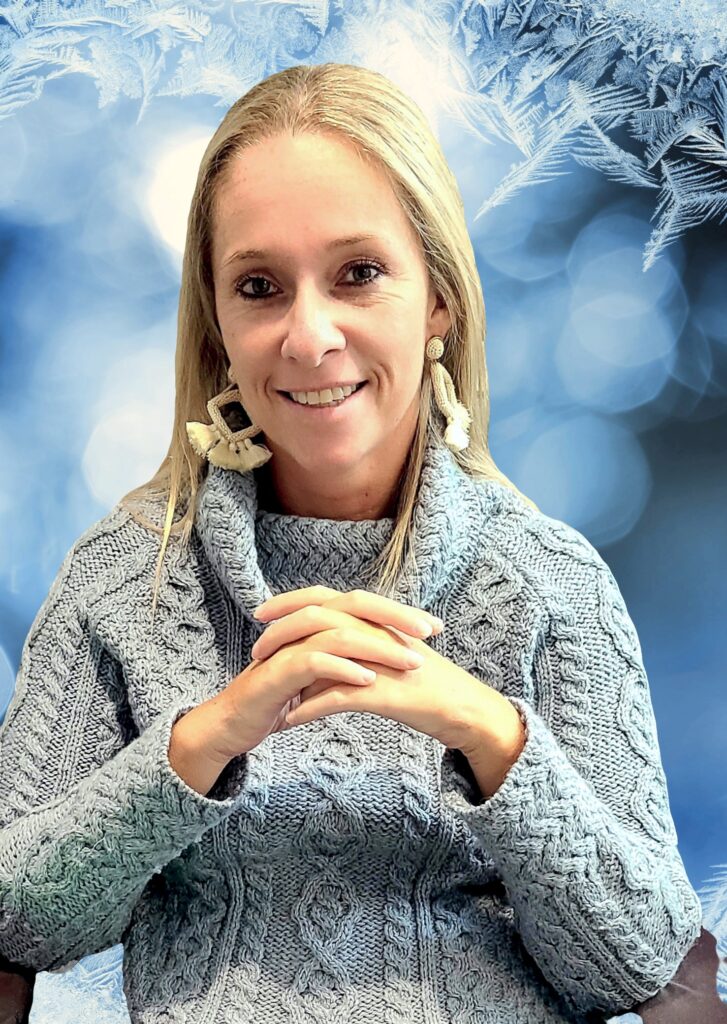
It is more profitable for health insurance companies to treat the moderately sick with, for example, those with high cholesterol than someone with a spinal cord injury requiring a multi-faceted and very expensive solution with ongoing costs associated such as wheelchairs, spinal surgeries, osteoporosis, pressure sores, etc.
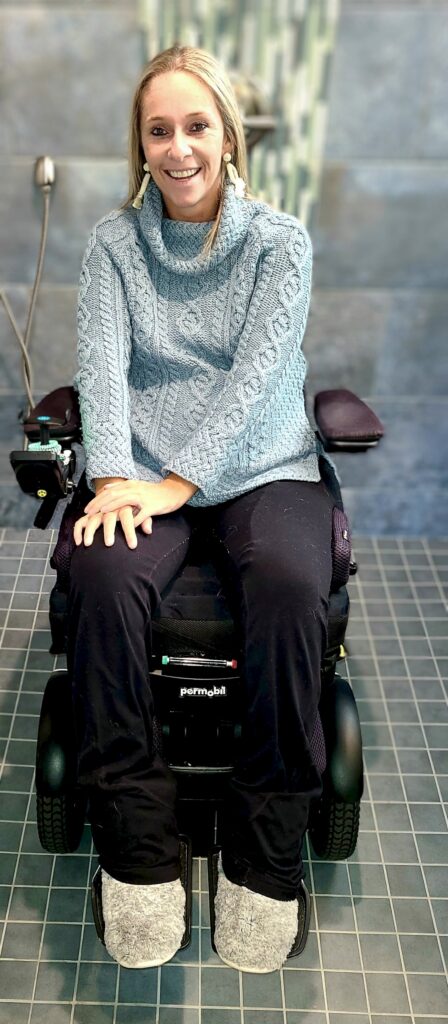
Those of us with complex medical needs make up such a small percentage of the population and do not meaningfully affect a providers bottom line with respect to profits — I would be bold enough to presume that they just don’t care. They may allude to caring, but that doesn’t mean we should stop fighting. Enough of us will make noise over the years that change will occur in due time. That may not be very comforting at the moment for those of us stuck in “medical hell” constantly fighting our health insurance companies, which is basically an unpaid job multiple hours a month or a week.
Just look at the ADA… How much back work over the decades was done behind the scenes to have the display of wheelchair users hauling themselves up the capital stairs? Many! I can assure you of this.
This leads me into my Pro-Bono Health Insurance Advocacy Life
I am frequently asked why I have chosen health insurance as my advocacy focus in life. It’s a great question. It’s not a sexy topic and, at times, I wish I would’ve chosen a more fun one such as dancing or quadriplegic ziplining, but it’s one that needs attention now. I am but a tiny Mino in a vast sea — but I do believe one person can make a difference.
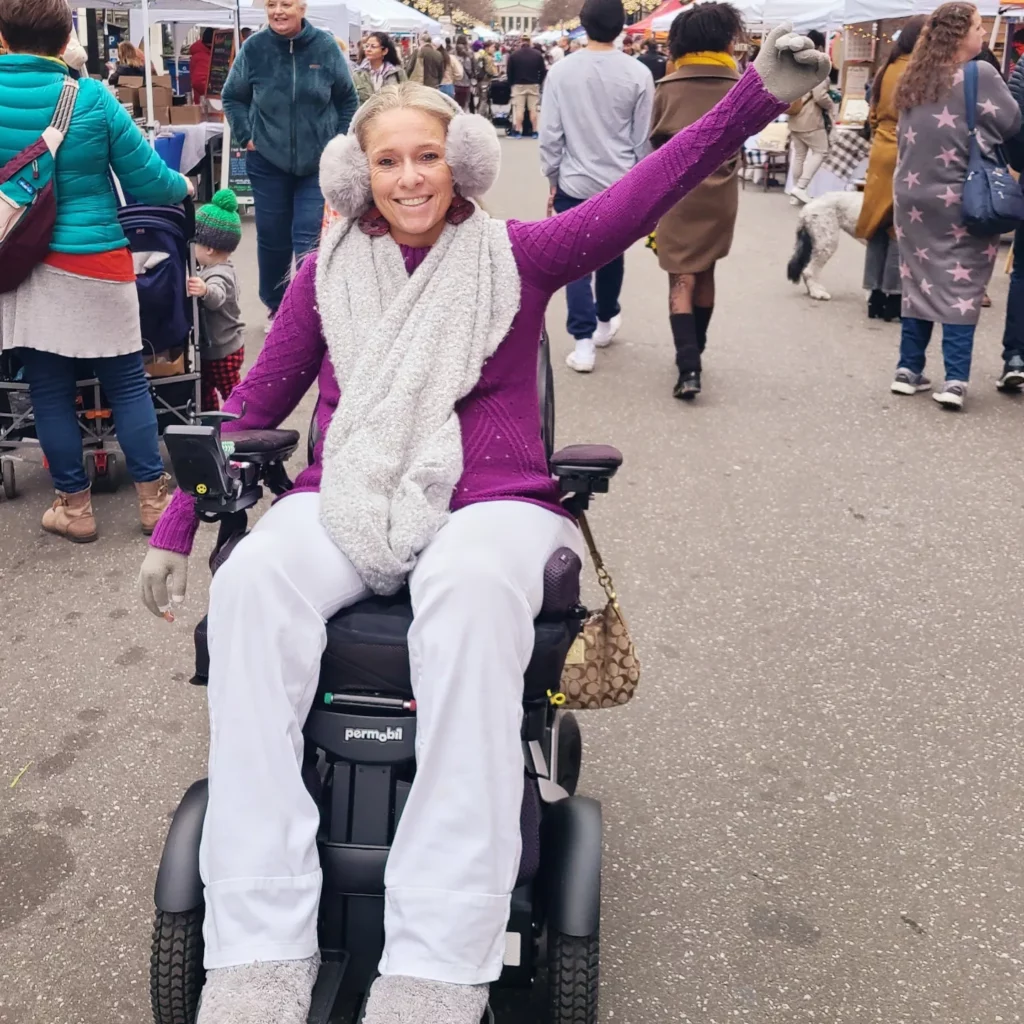
Why is Health Insurance so Important to Me?
It comes down to Maslow’s Hierarchy of Needs. I spend a great deal of time in my day job working on disability employment these days. I started to critically think about folks with significant complex and costly medical needs who require specialized help whether that be caregivers, multiple surgeries, long-term medications, etc.
How are people with disabilities with such serious medical requirements supposed to hold down meaningful jobs when they are constantly fighting with their health insurance company and not getting what they need to not only survive in life, but to thrive?
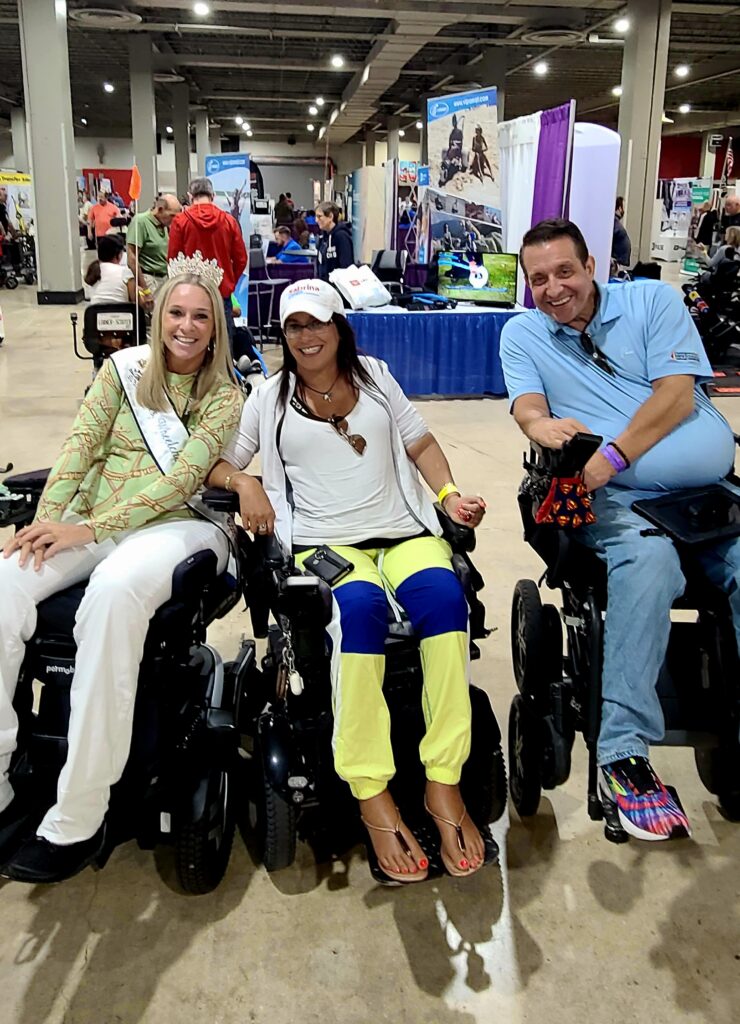
This is why I fight. I fight for those, even in the smallest of capacities, to be able to live their lives the way they want to and not the way health insurance dictates. If you do not have a significant medical condition, you may never really understand what so many of us go through to just get through our day. So many of us have to fight Medicare or private insurance for the number of catheters we are allowed to use in a day.
How do We Take Action?
Another great question. There is a myriad of ways from:
- Legislating
- Educating the masses on some of the challenges many of us face with disability
- Advocacy in the nonprofit world
- Joining coalitions fighting on specific areas of interest that are important to you
- Working with organizations to create roadmap strategies in creating, revising, and updating antiquated policies
- Working at the local level community in many arenas
- Speaking up and not just complaining about all the challenges you go through.
I personally work in each of these arenas in different capacities, but I also appreciate that there are those with significant disabilities who are just unable to advocate for themselves because they are dealing with life. More specifically, they are dealing with surviving in a day whether that be trying to find a caregiver; get the right medication; figuring out where their next meal will come from; how they are going to get the right number of catheters to go the bathroom, etc.
So, it’s important not to judge what you don’t see and don’t understand. This then comes into much psychology training, which I will dive into another article. Change will have to come from the top down and the bottom up in a collaborative and inclusive way. This will require emotional intelligence training, understanding stereotypes and unconscious biases, re-evaluating belief and value systems, etc. It’s also about Intersectionality. Intersection is a framework meant to describe a person or a social problem holistically. In short, intersectionality provides further more complex understandings of people’s multiple identities and experiences with racism, sexism, classism, and other forms of discrimination.
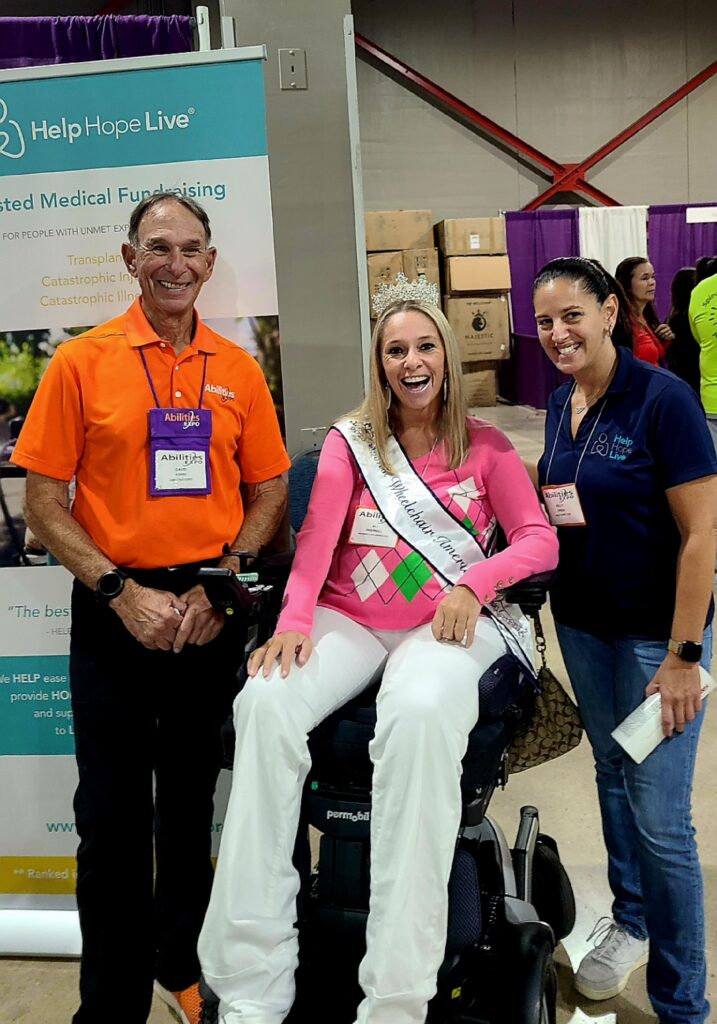
It ties directly into Diversity, Equity, and Inclusion — it’s only natural as human beings that we have our own internal biases. We are the sum of our experiences in life, our beliefs, and our value systems. We may immediately have a snap judgment about what a person or population of people in need and this can be dangerous. Think about the folks who were sitting in the room when designing medical policies decades ago? Were they a room full of older white men? Did they have a medical background? Did any of them have a disability?
We need to re-examine who is being represented at the table today. We need to evaluate what assumptions we are making about a population of people we are advocating for. Books are written on this every day. Bottom line, representation matters!
I will leave you with this thought as to why you SHOULD care about medical policy as it relates to people with disabilities:
The late Disability activist and rebel Hale Zukas, born in an era where disabled people were routinely institutionalized, Zukas fought and won access to transportation and better urban design. He had a brilliant expression:
He referred to people without disabilities as “temporarily able-bodied people.”
You will join our club eventually in some capacity even if it’s just breaking your leg and need special accommodations or are just simply getting older.
